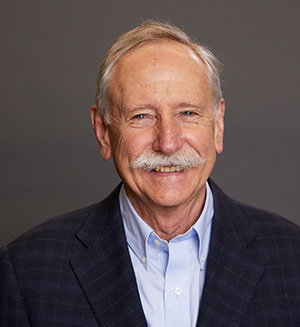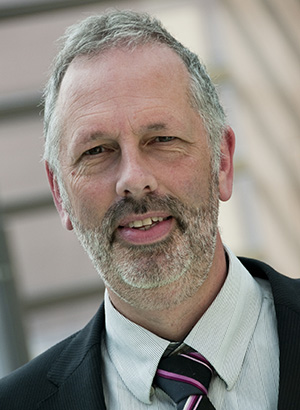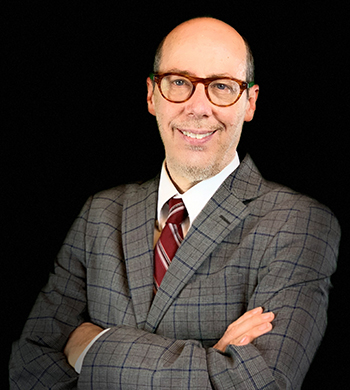Wednesday, November 17
Keynote Speaker: Dr. Walter Willett
Talk Title: Grains in Healthy and Sustainable Diets: Feed People, not Animals
The world is facing a health crisis due to increasing rates of obesity and diabetes, and the consequences will accumulate over the coming decades. Simultaneously, climate change is accelerating and is already having devastating effects; these changes will undermine the ability to produce adequate healthy food for the world’s growing population. A rapid shift away from fossil fuels to green energy is essential, and adoption of diets that largely plant-based must play an important role; this will have major benefits for both human and planetary health. Grains will continue to play a key role in diets globally, but these should be consumed by humans as whole grains and feeding them to animals should be minimized if we are to avoid disastrous degrees of global warming. Within this scenario, further increases in grain production are not needed, and the emphasis should be on producing the healthiest forms of grains in a sustainable manner.
|

|
Biography:
Dr. Walter Willett is Professor of Epidemiology and Nutrition at the Harvard T.H. Chan School of Public Health and Professor of Medicine at Harvard Medical School. He served as Chair of the Department of Nutrition at Harvard for 25 years. His work has focused on development of methods, using both questionnaire and biochemical approaches, to study the effects of diet on the occurrence of major diseases. He has applied these methods to large cohort studies, including nearly 300,000 men and women, that are providing the most detailed information on the long-term health consequences of diets. Dr. Willett has published over 2,000 articles, primarily on lifestyle risk factors for cardiometabolic disease and cancer, and has written the textbook, Nutritional Epidemiology. He is a member of the National Academy of Medicine.
Thursday, November 18
Keynote Speaker: Filip Arnaut
Talk Title: Aligning Innovation in an Integrated Cereal Supply Chain in Line with Fast Changing Consumer Expectations
The food industry holds significant responsibility for their contributions to climate change and global greenhouse emissions from food production. This responsibility, coupled with heightened expectations from consumers regarding the role of food in their wellbeing and ongoing global health crises, requires mobilization throughout the entire supply chain from Farm to Fork.
The cereal industry is in the prime position to bring innovative solutions to address these challenges. Filip Arnaut will discuss the opportunities available to the industry to overcome a volatile consumer and production environment. He will examine the necessity of objective carbon footprint measurements; the need for more diverse protein sources; innovative processing techniques; and the importance of reducing food waste. Mr. Arnaut will use illustrative cases to explore these questions and strategies for adapting to a volatile consumer environment.
|

|
Biography:
Filip Arnaut is the R&D Director Upstream Research, Puratos, and Managing Director of Sparkalis, where he executes foodtech ventures into business realities. He has extensive experience in start-up mentorship and structuring strategic partnerships through the food industry supply chain, academic research, and food technology companies. Mr. Arnaut is also a member of the Royal Flemish Academy of Belgium for Science and the Arts and holds multiple board positions in various networking organizations and start-ups. Through his work, he advocates for transformational innovation in plant-based ingredients, gut health, and the role of functional ingredients produced by fermentation.
Thank you to June 24 Keynote Speaker: Jack A. Bobo
Registrants have access to Jack's on-demand talk via the Meeting Platform
Talk Title: Why Smart People Make Bad Food Choices
Consumers have never known more about health and nutrition and yet they have never been more obese. Our eating habits are killing us — driving obesity, diabetes, heart disease and other health problems for millions. How did we get here and what can we do about it? Food Futurist Jack Bobo reveals how the psychology of food has been used to create more sales (and more consumption), at the expense of our health. He explores the mental shortcuts our minds use to process information and how they often result in unhealthy choices in grocery aisles, at restaurants, in front of the refrigerator, and in every other place we eat.
Jack Bobo takes the audience on an exhilarating journey into the latest research in psychology and behavior to offer a realistic alternative to fad diets and pop science to address the obesity epidemic. Along the way he will consider the impact of our diet choices on the future of the planet. If you’ve ever wondered why it’s so hard to make good food choices and what could be done to make it easier, do yourself a favor and attend this session. |

|
Biography:
Jack Bobo is the author of ‘Why smart people make bad food choices, which exposes the not-so-obvious but real drivers of our complicated relationship to the foods we choose and why it’s proven so hard to change our poor eating habits. He is also the CEO of
Futurity, a food foresight company that advises companies, foundations and governments on emerging food trends and consumer attitudes and behaviors related to the future of food. Recognized by Scientific American in 2015 as one of the 100 most influential people in biotechnology, Jack is a global thought leader who has delivered more than 500 speeches in 50 countries.
He previously served as the Chief Communications Officer and Senior Vice President for Global Policy and Government Affairs at Intrexon Corporation. Prior to joining Intrexon Jack worked at the U.S. Department of State for thirteen years as a senior advisor for global food policy. An attorney with a scientific background, Jack received from Indiana University a J.D., M.S. in Environmental Science, B.S. in biology and B.A. in psychology and chemistry.